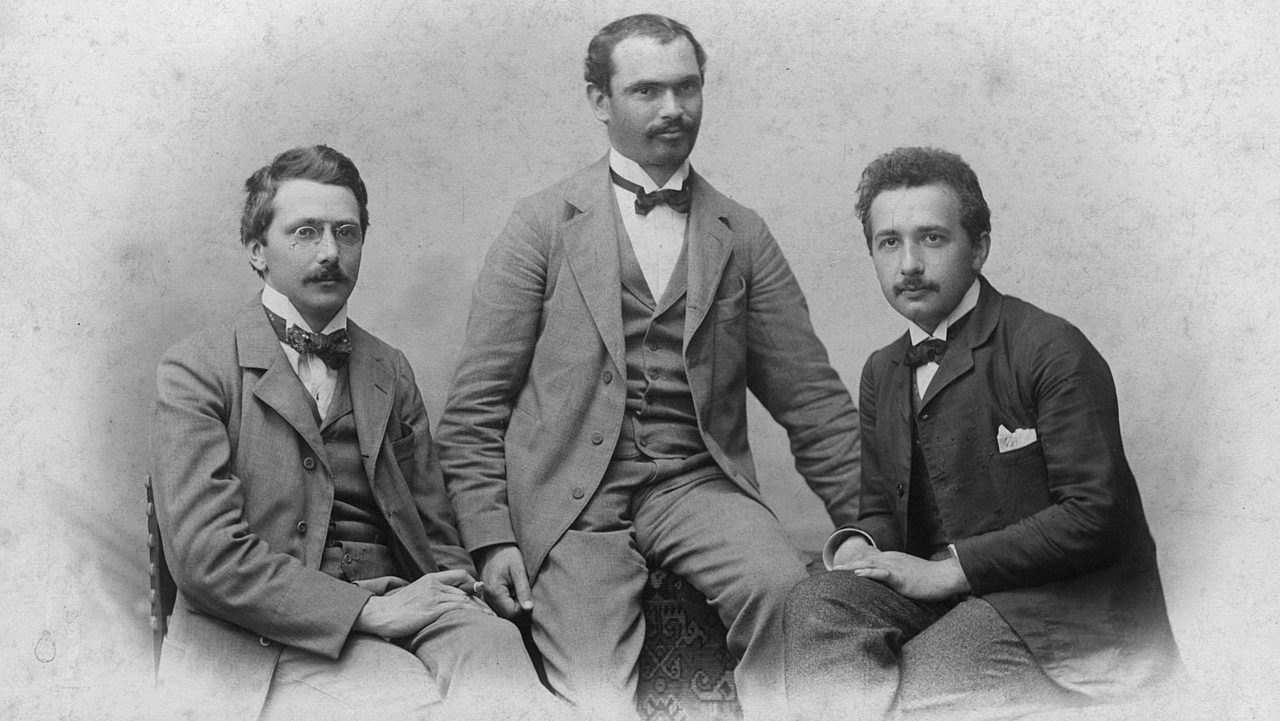The Nobel-prize winning economist argues that, contrary to the widespread theory, with the right governance, humans are likely to forge peaceful solutions to coping with resource scarcity.
Question: Can you explain your work regarding the tragedy of the commons?
Elinor Ostrom: Well, Mensor, no, sorry, not Mensor, he came later, Gerharten wrote a very stirring article in 1968, published in science, and he imagined a pasture opened to all and posited that if that were the case, then everyone would bring their animals on and they would keep bringing more and more and more and they would eventually overuse the commons. What he went on to say was that they were trapped and could not themselves get out of it. And what our theoretical work and empirical work has shown, is that in many instances, but not all, people have found ways of agreeing on their own rules and extracting themselves from the problem.
Question: Is there an alternative to top-down government or free market solutions?
Elinor Ostrom: Yeah. This is the, this concept of polycentricity of enabling both market and governments at multiple scales to interact with community organization so that we have a complex nested system. and it ain't pretty in the sense that it's nice and neat and many people have tried to get rid of creative solutions that are complex, but society is complex, people are complex. And for us to have simple solutions to complex problems, not a good idea.
Question: Can your research on the commons teach us about climate change?
Elinor Ostrom: If the community at play were only the entire planet and we simply wait until the big guys make a decision, we're in deep trouble. Our theoretical work on polycentricity here is very relevant in that while in any greenhouse gas omission, does have a global effect, it may also have, and usually does, local and regional effects. So we need to be thinking about how to enhance the ways of organizing around the local and regional so as to produce more externalities that are positive at the global.
Question: Have there been any particularly misguided government actions in this area?
Elinor Ostrom: Well, a great number of the policies laid down, let's take the policies for eastern Africa related to the pasture area that the Masai occupied. The Masai had been there for centuries and had figured out a way of grazing over a great distance so that in an area where the rainfall was limited and spotty, they were able to maintain that range land in very good form. It didn't look pretty, as that's the way it was, but if you graze down too far, and then you let some other things come up and don't graze in an area and you get big bushes, then you end up with ruining the functioning of it. Well, when the Brits came in, they gave half of it—well, I shouldn't say that, not half—they gave a very large segment away to colonial farmers and to set up a big reserve. The Kenyan government in the 1950's onward kept giving away, giving away, giving away. They finally created group ranches, but the group ranches weren't large enough to really enable them to maintain the kind of system that worked. They the have been privatizing themselves, the Masai, their land, so it would not be given away again by the government, and working out arrangements so that family and friends can share and they're recreating the movement of the cattle around, and Esther [IB] has done a wonderful job of studying this over time and they may, the local people may again find a way of coping with a very difficult and challenging environment.
Recorded on: October 25, 2009





